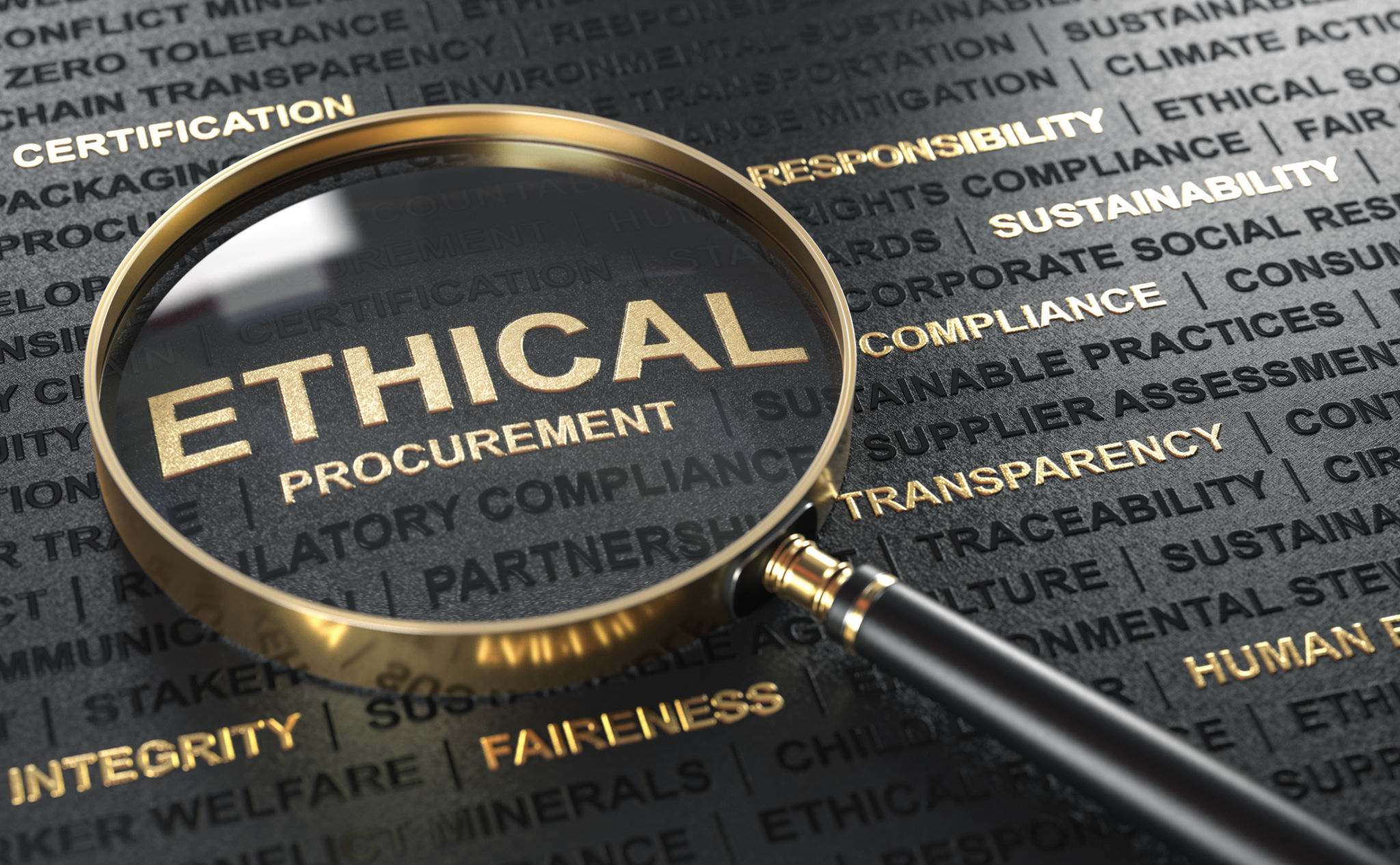A Comprehensive Guide to Ethical Supplier Evaluation Tools
Understanding the Importance of Ethical Supplier Evaluation
In today’s global marketplace, ethical supplier evaluation has become a cornerstone of responsible business practices. Companies are increasingly held accountable for their entire supply chain, making it essential to partner with suppliers who adhere to ethical standards. This not only helps in mitigating risks but also enhances the company’s reputation.
Evaluating suppliers for ethical compliance involves assessing various factors such as labor practices, environmental impact, and fair trade practices. By ensuring that suppliers meet these criteria, businesses can ensure that their operations align with their values and consumer expectations.

Key Components of Ethical Supplier Evaluation Tools
Successful supplier evaluation tools incorporate several crucial components to effectively assess a supplier's ethical standing. These tools often include comprehensive questionnaires, audits, and performance metrics tailored to the specific needs of the business.
One of the primary components is the supplier code of conduct. This document outlines the expectations and standards that suppliers must adhere to, covering areas such as human rights, labor laws, and environmental impact. It serves as a baseline for all evaluations and helps maintain consistency across the supply chain.
Questionnaires and Surveys
Questionnaires and surveys are pivotal in gathering detailed information about a supplier’s practices. These tools are designed to extract data about working conditions, compliance with laws, and sustainability initiatives. The responses provide valuable insights into the ethical practices of potential or existing suppliers.

Conducting Supplier Audits
Audits are an essential part of the evaluation process. They involve on-site inspections and assessments to verify the information provided by suppliers. Audits help identify any discrepancies between reported practices and actual operations, ensuring transparency and accountability.
During an audit, evaluators may look for evidence of fair labor practices, proper waste management, and adherence to health and safety standards. By conducting regular audits, businesses can monitor compliance and address any issues proactively.

The Role of Technology in Supplier Evaluation
Technology plays a significant role in enhancing the efficiency and accuracy of supplier evaluations. Advanced software solutions streamline the process by automating data collection and analysis. These tools offer real-time updates and easy access to comprehensive reports, enabling companies to make informed decisions quickly.
Moreover, technology can facilitate better communication between businesses and suppliers, fostering a transparent relationship. Digital platforms allow for the sharing of important documents and updates, ensuring that all parties are aligned in their objectives.
Benefits of Ethical Supplier Evaluation
Implementing ethical supplier evaluation tools offers numerous benefits beyond compliance. It can lead to increased customer trust and loyalty as consumers prefer brands that demonstrate social responsibility. Additionally, it helps in reducing legal risks associated with unethical practices within the supply chain.
Ethical evaluation also contributes to a more sustainable business model by promoting environmentally friendly practices. By choosing suppliers who prioritize sustainability, companies can reduce their carbon footprint and support global efforts towards environmental conservation.
Conclusion: The Future of Ethical Supplier Evaluation
As the demand for ethical business practices continues to grow, supplier evaluation tools will become increasingly sophisticated. Companies must stay ahead by adopting innovative solutions that ensure comprehensive assessments of their supply chains. By prioritizing ethical supplier evaluations, businesses can secure their reputation and contribute positively to the global economy.

